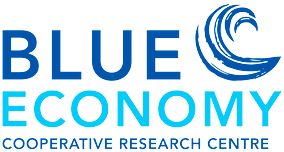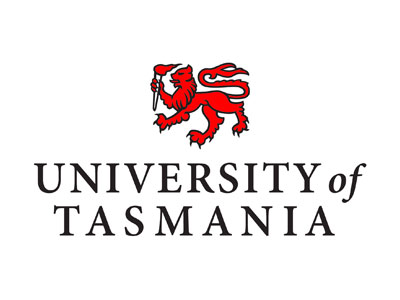Vincent Yap
Vincent Yap
Thesis Topic
Creating opportunities for Bull Kelp aquaculture
PhD Start Date
October 2022
PhD Project Objectives
The Australian seaweed industry is currently limited despite an increasing demand for seaweed products. One product of high demand is alginate-saturated kelp which is utilised by agricultural, food, medicinal and pharmaceutical companies. Because of low local production, most of these companies in Australia still rely on imports to manufacture their seaweed products.
The southern bull kelp (genus Durvillaea) has the highest alginate content of any seaweed. Durvillaea also thrives in high-wave-energy environments, making them a strong option for off-shore cultivation. However, culturing of Durvillaea has never been achieved and there is a lack of basic knowledge of their reproductive biology, early life-cycle development and growth, hatchery methods, and grow-out requirements.
This PhD project aims to tackle this knowledge gap, focussing on two endemic bull kelp species: Durvillaea potatorum and D. amatheiae. Research data generated from this project will facilitate the initiation of large-scale bull kelp cultivation as part of Australia’s emerging seaweed industry. In turn, Australian seaweed product companies will have access to the raw material via a local, more direct source.
To achieve these aims, field studies will be conducted to assess the temporal and geographic variation in reproduction of Durvillaea along the east coast of Tasmania. Laboratory experiments will then determine the influence of abiotic parameters on the development of early life-cycle stages and the optimal hatchery conditions for generation of seedstock. Variation in alginate content will also be assessed to identify the best harvesting strategies. Lastly, various out-planting procedures for hatchery-cultivated Durvillaea embryos/juveniles will be tested to enable the highest out-planting success rate.
Biography
In 2013, I relocated from Malaysia to Hobart, Tasmania in pursuit of a Bachelor of Marine Science. Then in 2019, I joined a one-year Honours program investigating microplastics effects on marine mussel. It has been my intention since to do a PhD. My research interests have always reflected my commitment to sustainable living and the preservation of the natural environment. The success of non-animal-based industries is also important personally, as I live and breathe a plant-based lifestyle. Outside of work, you will probably catch me either playing Ultimate Frisbee, bouldering, hiking, or simply enjoying a cuppa in the local café.
Supervisory Team
Primary Supervisor: Assoc. Prof. Jeffrey Wright
University of Tasmania
Co-Supervisor: Prof. Catriona Hurd
University of Tasmania
Co-Supervisor: Dr Wouter Visch
University of Tasmania





